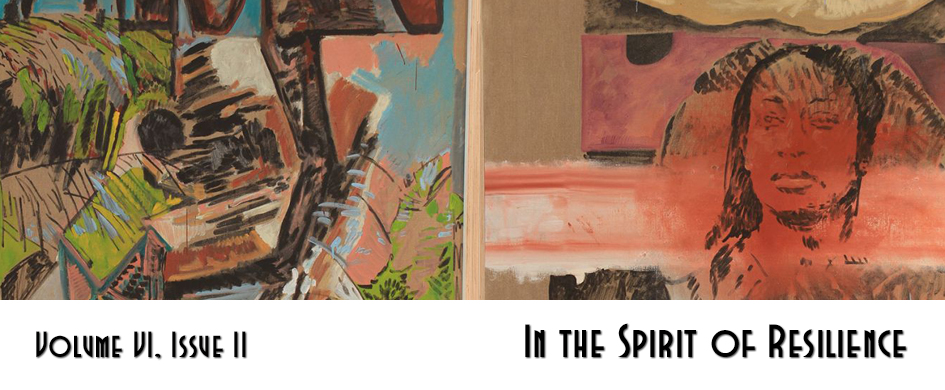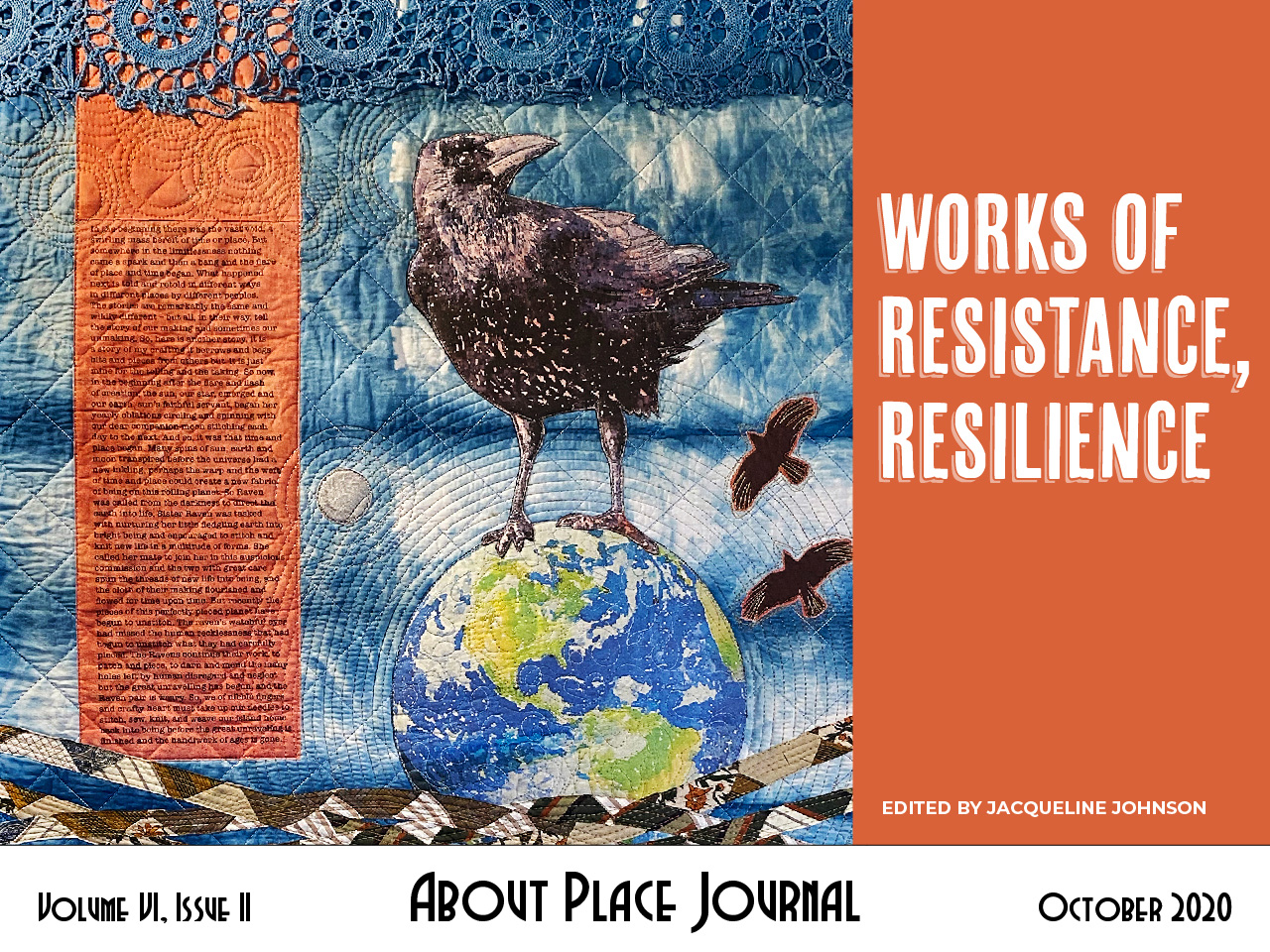Auden, you would have understood
the bright array of colored lights,
the drinks set just so on the bar, and men
side by side engaged in close conversations
or other men sitting by themselves,
perusing the semi-darkness
seekers of a body, a body
to shelter with at morning;
though for you I knew
there was less festivity,
laughter, ease
of an open community.
Would you feel the moment’s irony?
The sad gathering of fear, the unease of authoritarianism
the world gone perversely toward hatred, a disregard for suffering,
a carelessness toward truth. Menace has returned, Auden,
outside this bar, the City towers glow, high-rise silhouettes, brilliant as crystalline gems
and ornamental circuitries, reminding me of Metropolis, Fritz Lang’s old movie, that epitome of
futuristic dystopia, a foreseeing
of economic repression—a film I once found laughable, its melodramatic symbolism—
its hyper-Expressionistic design. But time is unkind to those of us now grown old,
who’ve passed our shelf-lives, outlived friends, and seen the harsh ascent of change,
Lang’s flickering frames in color-painted celluloid precede 20th century terrors,
genocide, atrocity, technology,
the mechanization of the human, the outsourcing
of minds.
Auden, these lights tonight
distant, more points of vast alienation,
far-off signals, warnings from the dispossessed
codes sent of absence.
For every bright window, a cardboard box, a heap of clothes, excrement
and plastic bags—
optionless borders
or steel cages,
and so much more
I must ignore.
And in this tapered cocktail,
its radiance a kind of jarring elegance
a forfeiture
a way
of freely forgetting.


